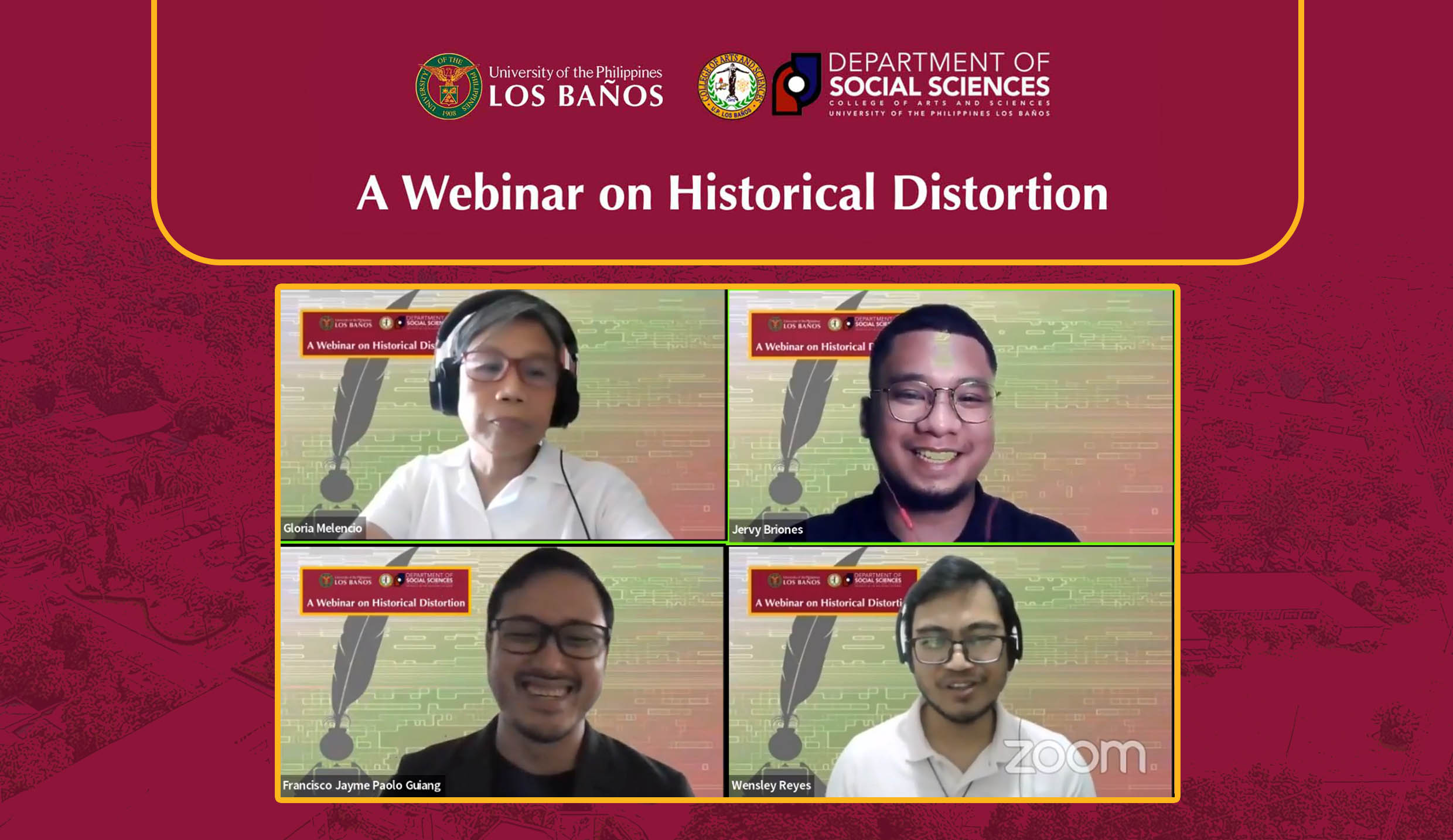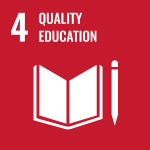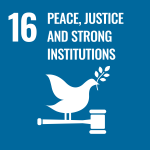
The rise of social media in the past decade has also led to a corresponding prevalence of fake news and historical distortion, wherein fabricated histories and outright lies are spread maliciously through online networks to change public perception and influence public opinion regarding personalities and periods in history.
Ways of recognizing, understanding, and counteracting historical distortion and its damaging effects were the focus of the three-lecture webinar held by the History Division of the Department of Social Sciences on Nov. 21.
The webinar had senior lecturer Gloria Melencio of UPLB and faculty members Francisco Jayme Paolo Guiang of UP Diliman and Dr. Wensley Reyes of UP Manila, as its guest speakers.
Prof. Melencio discussed “Stop the Press: Pamamahayag noong Martial Law at Trolling sa Social Media,” which traced the Marcos family’s use of propaganda, journalistic suppression, false narratives, and later on, troll armies on social media in order to keep power during the Martial Law years and to regain power during recent times.
In the second lecture, “Identifying Historical Distortions: Nature and Traits of Online Disinformation,” Guiang talked about how historical revisionism is not always negative, as historical narratives can be changed when new information and evidence such as artifacts and documents are found. Revisionism becomes negative when false information is used to change historical narratives, often due to a political agenda. Guiang highlighted how this historical distortion could be countered and fought using new and innovative methods.
The final lecture was delivered by Dr. Reyes and was titled “Kasanaysayan Kontra Kabaluktutan – Mungkahing Pedagohiya Laban sa Distorsyong Pangkasaysayan.” Dr. Reyes talked about the importance of developing historical pedagogy as a means of recognizing and countering historical distortion. He introduced the portmanteau “kasanaysayan,” coming from the words kasanayan or skill and kasaysayan or history and thus meaning “historical thinking skills”.
He also talked about the “5K PEDKAS or PEDagohiyang pangKASaysayan,” a shorthand for five concepts of historical pedagogy that could be used to identify and evaluate potential historical revisions and avoid historical distortions: kuwento (story), konteksto (context), katunayan (evidence), katwiran (reason or rationale), and kabuluhan (significance).
The webinar’s reactor, Dr. Roderick Javar, a faculty member at the UPLB DSS-History Division, identified the two venues of the fight against disinformation and distortionism – inside and outside of academia. He highlighted the importance of academics needing to “come down from their ivory tower,” interact and understand the people in society who are deeply in need of correct and sufficient information and whose lack thereof made them the prime targets for fake news and disinformation.
He also said that the three lectures show the importance of interdisciplinary and multidisciplinary approaches in fighting distortion and disinformation, as well as using popularization techniques to inform and empower the masses.
The full webinar can be viewed for free via the UPLB DSS Facebook page at facebook.com/UPLBDSS . (Albert Geoffred B. Peralta)










